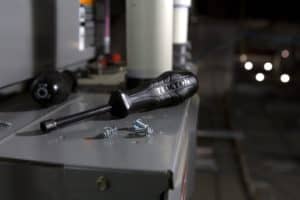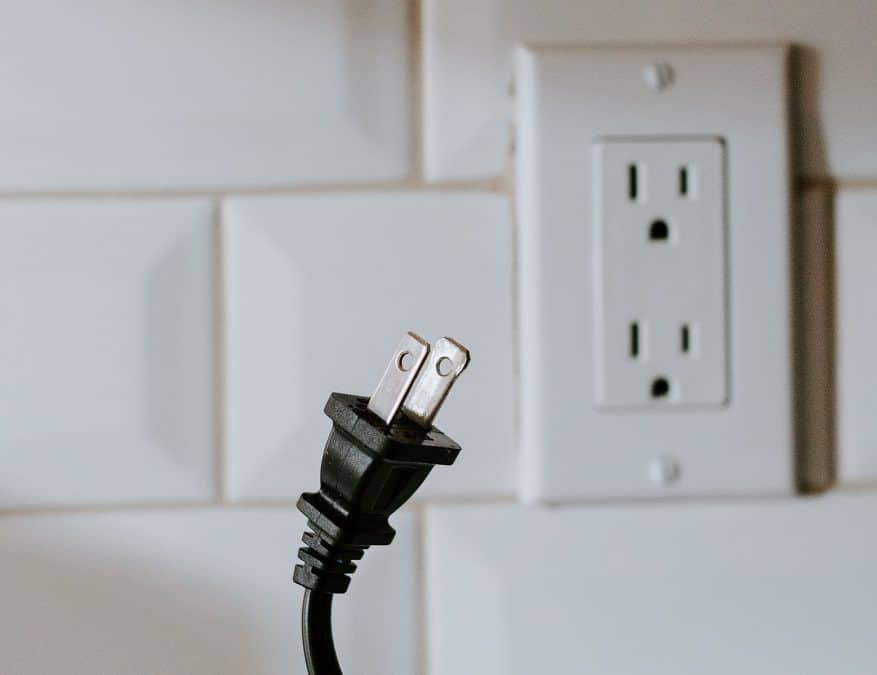Electricity is one of the greatest inventions, but it can also be hazardous if mishandled. When homeowners are not careful about using electricity, they might become injured or start a fire that can damage their property.
Today’s homes have more electrical devices than homes built in the past. Not only are there more electrical devices, but devices are now more powerful and sophisticated.
These tips will help you make your home safer for the whole family.
Check for loose connections.
Homeowners should regularly test their electrical outlets for loose connections by plugging in something that works on all other outlets in the house. If it is plugged into an outlet that does not work, the connection is loose and needs to be fixed.
A common mistake when dealing with electricity is that there is no danger involved because the plugs fit snugly into sockets without causing a spark. However, plugs that don’t work correctly can overheat and cause fires, electrocute people, or both.
Schedule electrical inspections.
Homeowners should regularly schedule thorough electrical inspections in the house with a licensed electrician. Electrical inspectors are capable of finding severe problems that they always assumed as working fine.
Fires can start slowly, and without warning, so it is best to have a professional electrical inspector examine your entire house from the outlets on the wall to the circuit breakers in the basement every few years.

Clean air conditioning systems.
Regularly clean dust from their air conditioners, so they work more efficiently. When a unit is clogged with dust, it struggles to draw in air through the filter to blow out cool air. Leaving an AC unit dirty for too long will eventually make it clog up entirely because enough grime will build up inside it. A blocked AC unit is not only inefficient because it fails to circulate air throughout the home effectively. The fan can also become overloaded and might explode due to overheating while trying to draw in more air than its motor can handle at once.
Never connect multiple extension cords.
Homeowners should never connect multiple extension cords. This is an extremely dangerous practice that could result in fire or a shock injury. Extension cords might seem harmless since they are not plugged directly into wall outlets, but they are often misused as permanent wiring solutions for household items. Extension cords alone do not deliver enough voltage to power some electrical devices, so homeowners sometimes use multiple extension cords together to deliver sufficient power. This is never a good idea because the overlapping of electric circuits combined with frayed or loose wires can result in overheating and fire.
Use correct wattage in lighting fixtures.
Homeowners should use the correct wattage of light bulbs for their lamps and fixtures. There is nothing more dangerous than using a higher wattage in a fixture rated to use lower wattage bulbs or vice versa because it increases the chances of overheating and fire.
Have a fire extinguisher handy.
Fire extinguishers are essential tools that can be used to put out fires and save lives. It is best to have a fire extinguisher on hand in case of an emergency since they can be a lifesaver before the fire department arrives.
Beware of placing electrical appliances near water.
Homeowners should never use electrical appliances or devices near water because electricity and water do not mix. Electricity can travel through conductive objects such as metal, which means it will pass through water as long as something is conductive between them, even momentarily. Having an appliance that gets wet could electrocute a person touching it.
Change old appliances.
Consider replacing appliances and devices that are over ten years old because they tend to break down more often and possibly cause fires. For the greatest possible safety, home improvement experts recommend replacing major appliances every 5-7 years.
Use surge protectors.
Power surges can damage electrical devices in many different ways by literally blowing them out or causing lasting damage to their circuitry, so it is essential to always use surge protectors when plugging devices into wall outlets or extension cords. Surge protectors act as a buffer zone between electricity coming from power sources and the electronic components of household items such as computers, wireless routers, and entertainment systems.
Turn off and unplug unused appliances.
It is a good idea to unplug as many devices as possible when they aren’t used, especially those that heat up and might cause fires or electrocute people if they remain on for too long while unattended. Most home appliances and electronics such as televisions, computers, microwaves, and coffee makers will continue working for some time even after an owner switches them off because the motor has to wind down from full power before it shuts down completely. After use, leaving these machines increases their chances of overloading and becoming damaged or overheating enough to spark a fire.
It is crucial to take electrical safety seriously in order to avoid potentially fatal accidents. Don’t take chances with your home’s electrical safety. Follow these simple tips to protect yourself and your family from serious injury or death.

Recent Comments